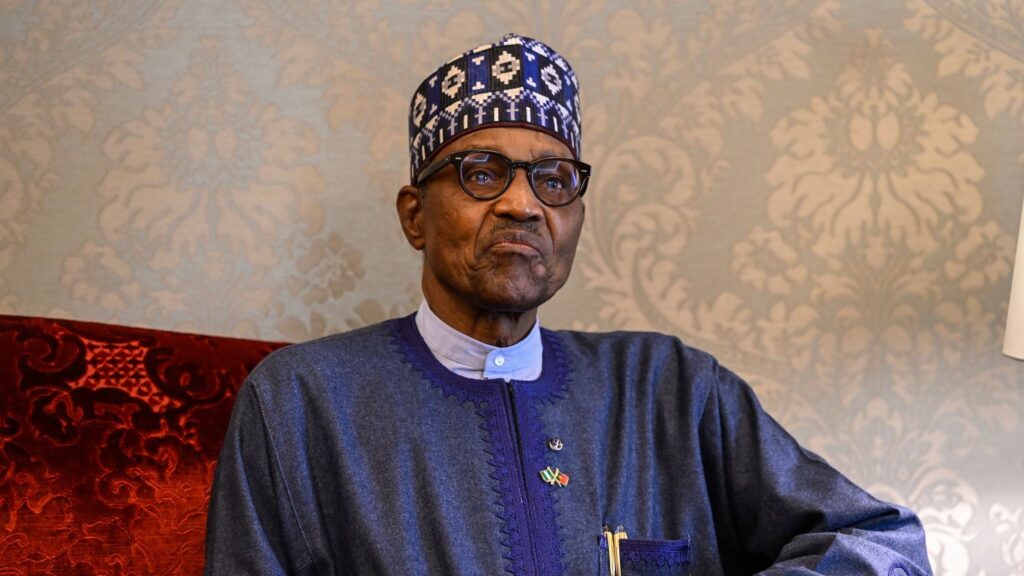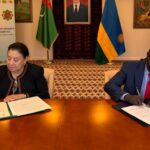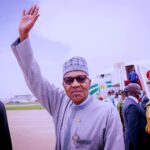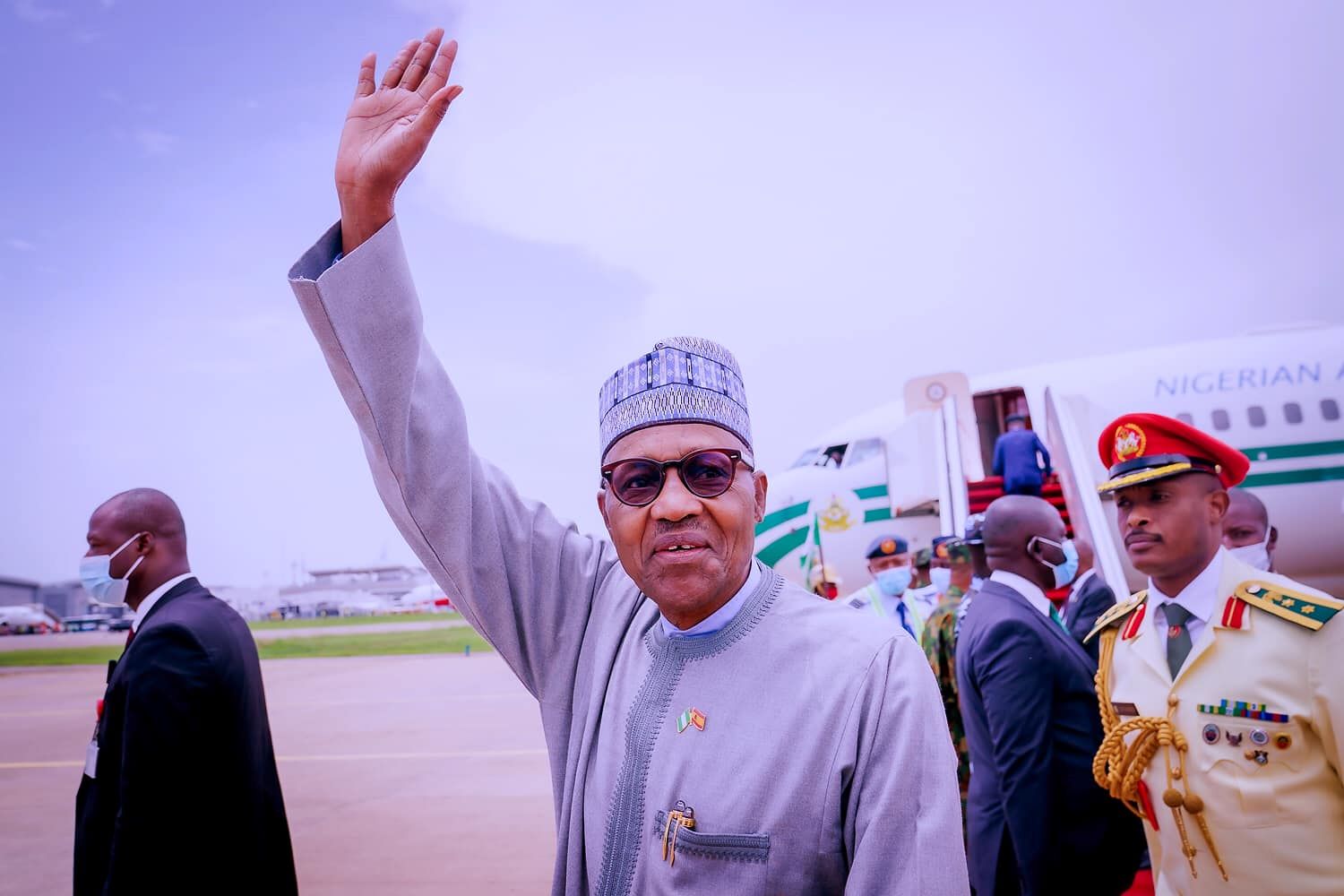Nigeria is mourning the death of former President Muhammadu Buhari, who passed away at the age of 82 in a London hospital following a prolonged illness.
A man who once ruled Nigeria as both a military leader and a civilian president, Buhari’s life was a symbol of the country’s shifting political landscape, marked by battles against corruption, military coups, democratic reforms, and ultimately, unfulfilled economic promises.
Born in December 1942 in Daura, Katsina State, Buhari first rose to national prominence as a military general. He became head of state following the 1983 military coup that ousted the civilian government, only to be overthrown himself in 1985 by General Ibrahim Babangida.
During his time in detention after the coup, Buhari spent 40 months imprisoned, an experience that would shape his later political ideology and personal resolve.
After the country’s return to civilian rule in 1999, Buhari reinvented himself as a “converted democrat” and launched multiple presidential campaigns.
It wasn’t until 2015, after three failed attempts, that he made history by defeating an incumbent president, Goodluck Jonathan, an unprecedented feat in Nigeria’s post-1999 democratic experience.
He was the first opposition candidate since the return to civilian rule to win at the ballot box. History will remember him favourably for that. Buhari’s 2015 victory was met with widespread jubilation.
Nigerians flooded the streets in celebration, placing immense hope in the promise of reform. He campaigned on restoring discipline to government, confronting corruption, and defeating the violent Boko Haram insurgency that had devastated Nigeria’s northeast.
He often reminded citizens, “I belong to everybody and I belong to nobody,” hoping to project impartiality and a nationalistic drive.
President Bola Ahmed Tinubu, who succeeded Buhari in 2023, paid glowing tribute. “He stood firm through the most turbulent times, leading with quiet strength, profound integrity, and an unshakable belief in Nigeria’s potential.
“He championed discipline in public service, confronted corruption head-on, and placed the country above personal interest at every turn,” Tinubu said.
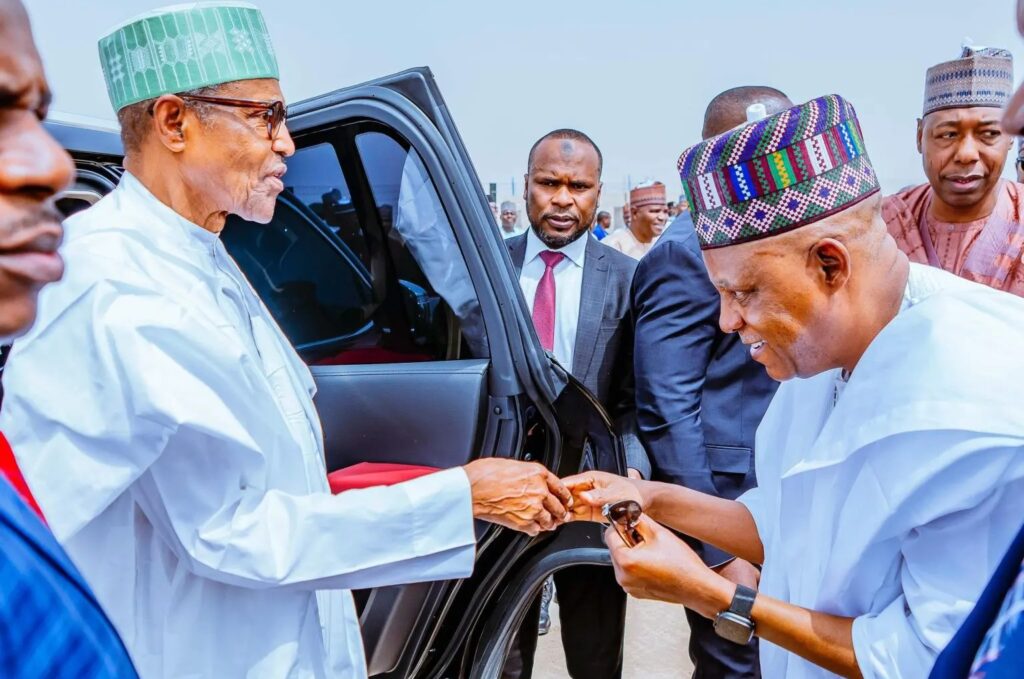
Yet, Buhari’s leadership, particularly on the economy and national security, drew heavy criticism. He struggled to fulfill his bold promises. His slow approach to governance, including a six-month delay in appointing cabinet ministers, was seen as indecisive during times of crisis.
Economically, Nigeria fell into two recessions under his watch. His refusal to devalue the naira for months amid falling global oil prices led to growing disparities between the official and black-market exchange rates, spooking investors and eroding public trust.
Security-wise, Buhari’s administration faced intensifying armed violence beyond Boko Haram, including rising banditry, kidnappings, and the emergence of ISWAP (Islamic State in West Africa Province).
His inability to curb the growing insecurity became a stain on his presidency, with critics stating that the armed forces remained overstretched and under-resourced.
Nevertheless, Buhari retained admiration for his austere lifestyle and firm anti-corruption stance. Many believed he was personally incorruptible, a rare image in a political system often mired in scandal.
His reserved persona and northern Muslim background helped him forge a broad political coalition, sustaining support across two election cycles.
His final speech at the United Nations in 2022 captured a defining feature of his political philosophy, opposition to term elongation and support for constitutionalism.
“The corrosive effect of leaders who extend term limits to cling to power” was something he publicly condemned. True to his word, he stepped down at the end of his second term, declaring President Tinubu “the best person for the job.”
President Tinubu declared seven days of national mourning, ordering flags to be flown at half-mast and an emergency Federal Executive Council meeting in his honor.
He also dispatched Vice President Kashim Shettima to the United Kingdom to accompany Buhari’s body back to Nigeria for burial, in accordance with Islamic rites.
Tributes poured in from global leaders. African Union Commission Chairperson H.E. Mahmoud Ali Youssouf praised Buhari as “a principled and resolute leader… a committed Pan-Africanist and a tireless champion of peace.”
South Africa’s President Cyril Ramaphosa described him as “a patriot and a champion… of the future that awaits his great country.”
ECOWAS President Omar Touray called him “a distinguished statesman” whose efforts advanced democracy in West Africa. Sierra Leone’s President Julius Maada Bio termed his passing “a devastating loss.”
Perhaps Buhari’s greatest legacy lies in his dual identity, a military man who evolved into a democratic statesman.
While his presidency was marred by economic hardship and persistent insecurity, his integrity, discipline, and role in stabilizing Nigeria’s democracy will remain etched in history. As the nation prepares to lay him to rest, Nigeria, and indeed Africa, pauses to reflect on a leader who, despite imperfections, embodied a lifelong service to his country.
